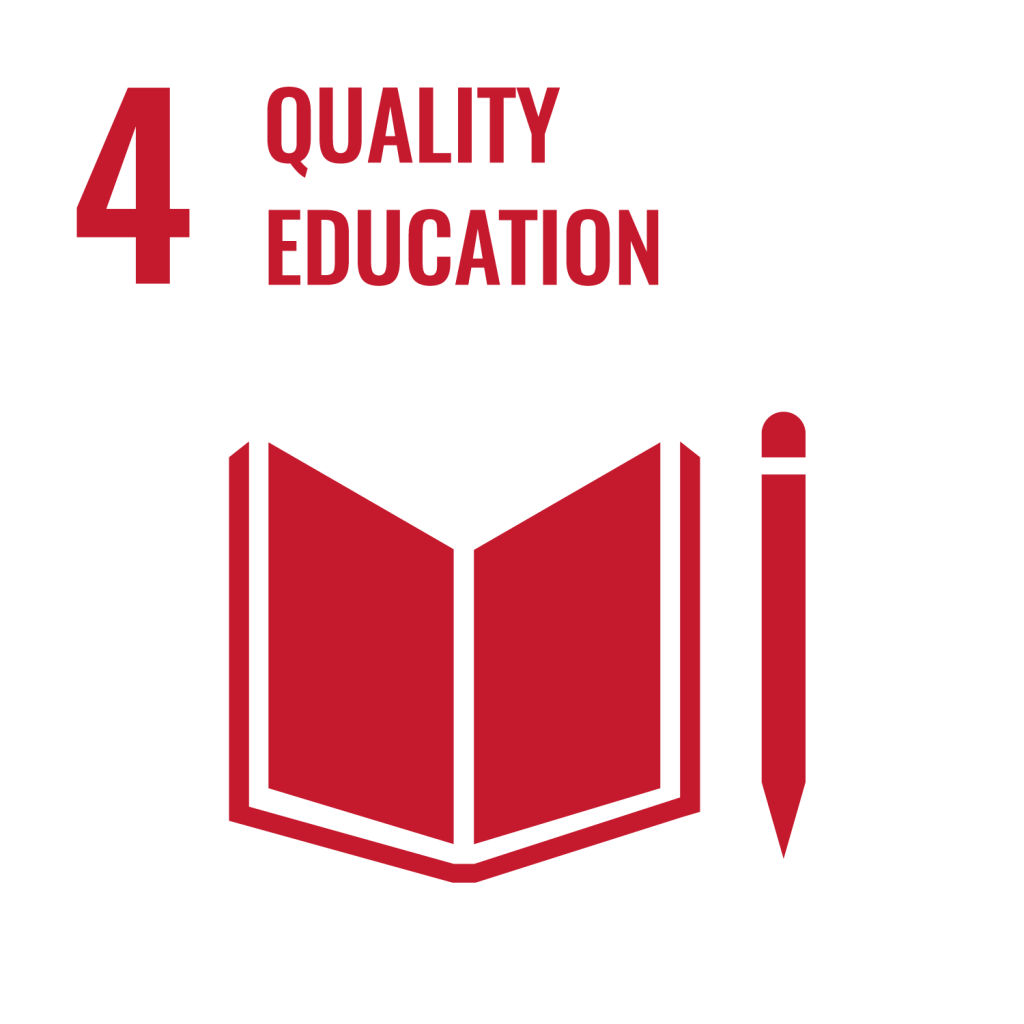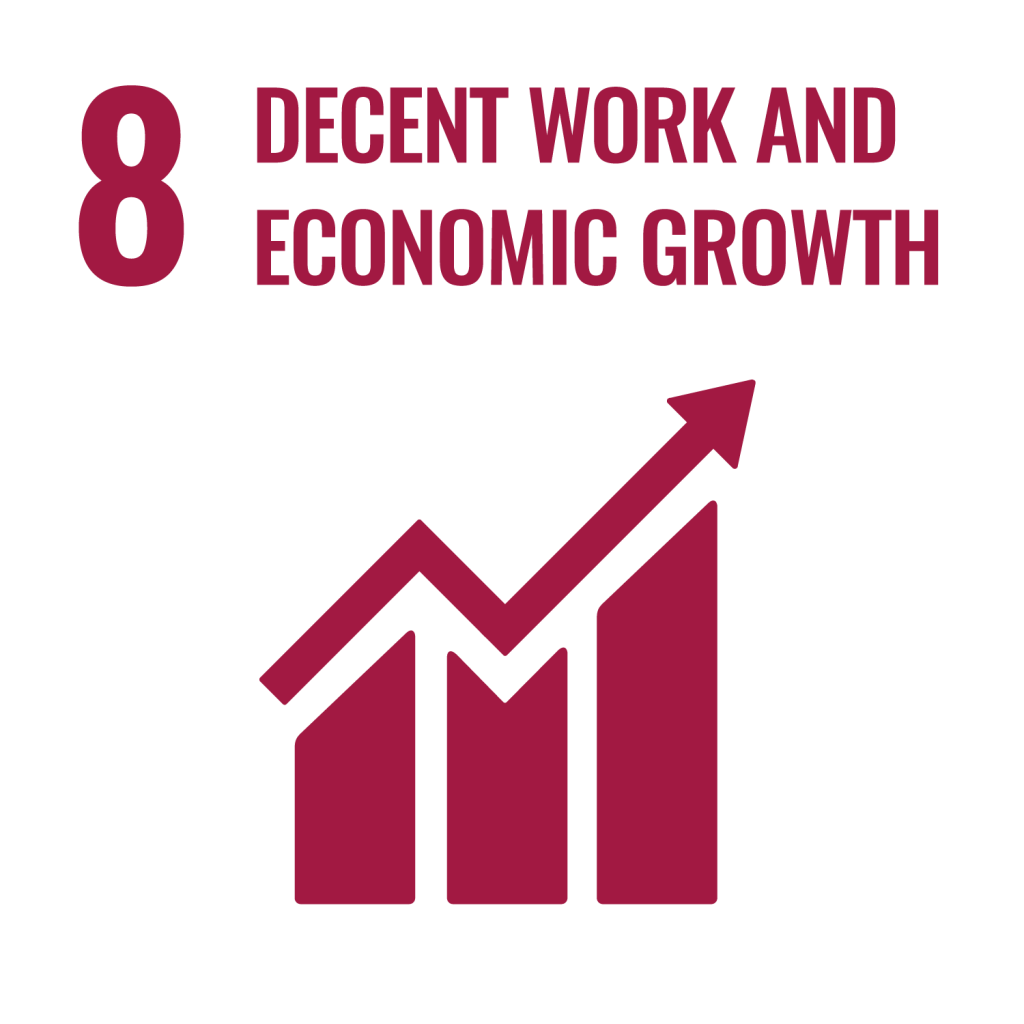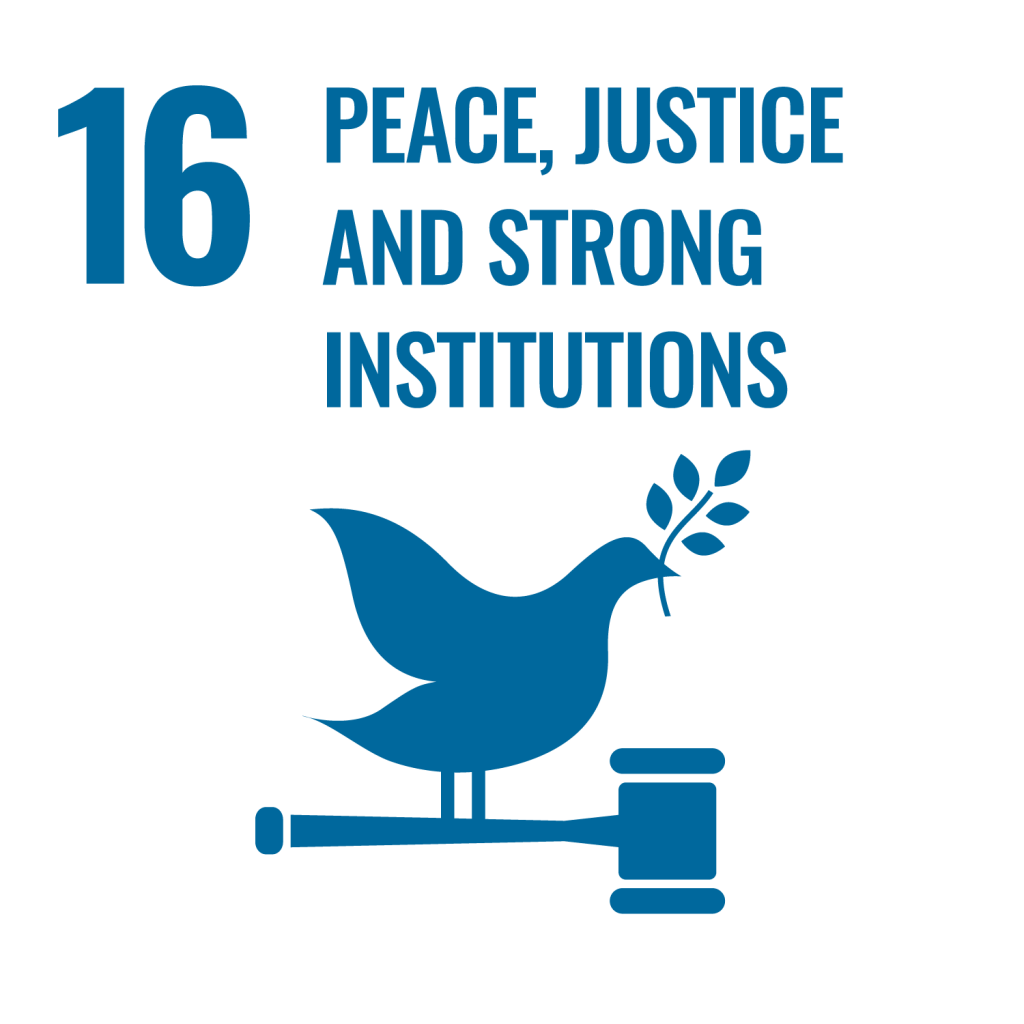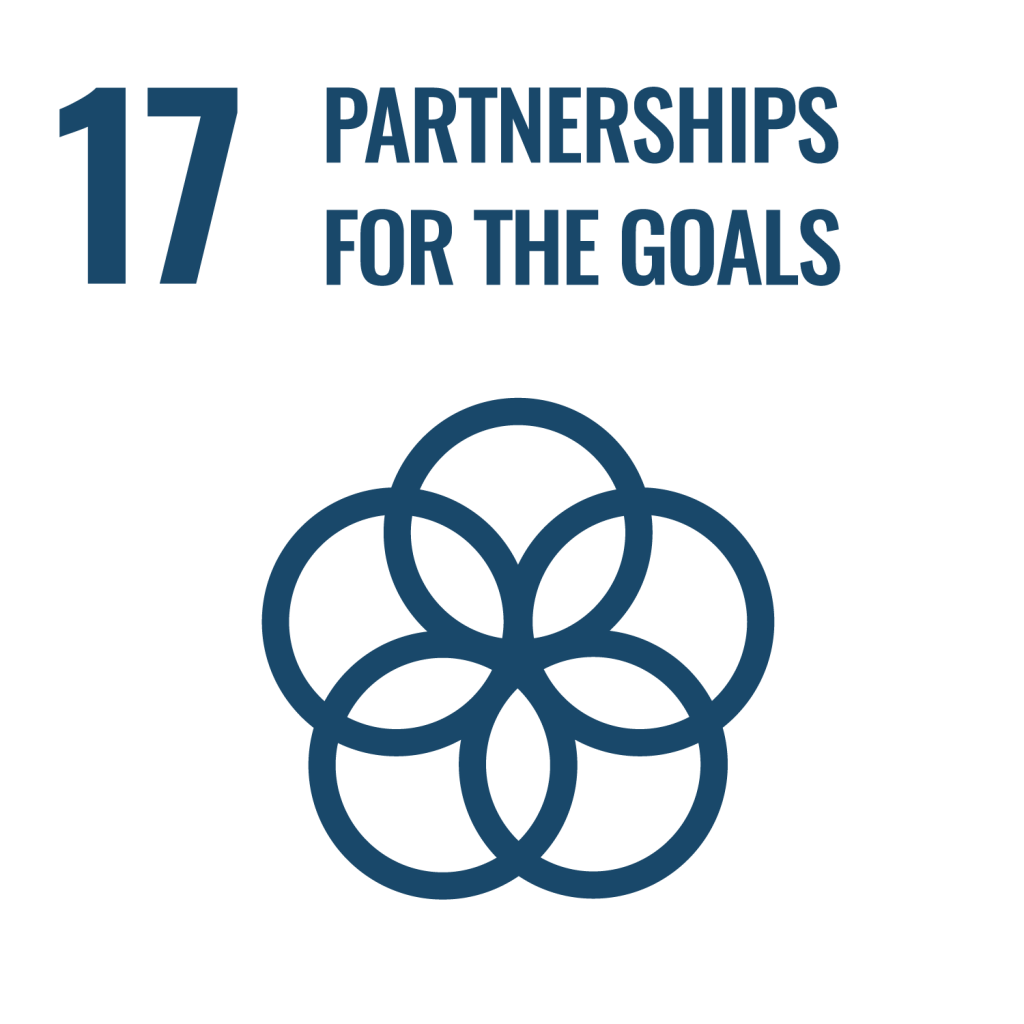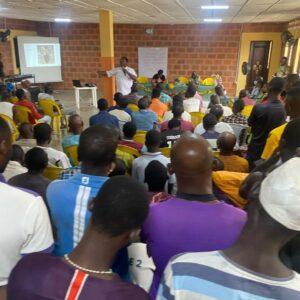
The Nigerian correctional system currently faces various challenges ranging from overcrowding and poor living conditions to ineffective rehabilitation programs – which often manifests in underfunded educational initiatives. To achieve effective educational programs within the Nigerian correctional system, the federal government’s intervention is crucial. Education is a powerful tool for personal growth and economic empowerment. It is important for everyone, including those in prison, as education promotes easier reintegration into society and better opportunities for justice-impacted individuals, leading to successful rehabilitation.
Several countries are taking the lead on states’ sponsored educational grants/funding. The United States of America has one of the earliest of such programs – the Pell Grants for incarcerated students which opened federal funding opportunities for college courses, allowing eligible inmates to have access to such placements.
Similarly, in the United Kingdom, the responsibility of prison education is carried out by the prison service, funded by the Government’s Ministry of Justice. According to the Centre for Effective Global Action (CEGA), literacy programs have been made compulsory in many prisons in the Dominican Republic with the implementation of its New Model of Penitentiary Management which began in 2003. Inmates who decline may be stripped of privileges such as visitations.
The 2005 South African White Paper on Corrections implements the education of incarcerated individuals. The policy highlights education as a foundation of the correctional system and delegates the facilitation and administration of educational opportunities for incarcerated persons to the correctional centres.
The South African Department of Correctional Services provides four categories of government-funded educational programmes for sentenced incarcerated persons as well as administrative educational support for awaiting-trial detainees, parolees and probationers. Since the program was launched, 14 full-time schools have been registered with the Department of Basic Education and an additional two schools at the private correctional centres as of 2022.
Benefits of Federal Grants Intervention
· Reducing Recidivism
Recidivism is the re-arrest and reconviction of justice-impacted persons who reoffend. Research conducted by RAND Corporation on the impact of educational programs on recidivism in the United States showed that educational programs reduce recidivism by up to 43%, which according to Vera, could cut state prison funding by as much as 365.8 million USD annually. Effectively implemented educational programs would cause a reduction in the likelihood of reoffending in Nigeria, and consequently reduce government expenditure on prisons. which will reduce the rate of recidivism in Nigeria People behind bars with access to quality education are much more capable of successfully reintegrating into society.
· Empowering Lives
According to research by authors Steurer, Smith and Tracy, education in incarceration is more cost-effective than recidivism. Many individuals in incarceration had little access to formal education or job opportunities before incarceration. By providing quality education in incarceration, they are given the opportunity to gain practical life skills and qualifications necessary for future employment and entrepreneurial opportunities. Furthermore, education boosts the self-confidence of justice-impacted individuals and gives them the needed morale to reconnect with society after release.
· Promoting a Unified Educational System
The Nigerian Correctional Service (NCoS) is tasked with the statutory responsibility of rehabilitating individuals in their custody, many of whom come from low-income backgrounds and had little to no access to education before incarceration. Unfortunately, very few correctional centers in the country offer structured educational programs, as they often lack the necessary funding.
Most of the funds for prison educational initiatives come from different NGOs, religious groups, and charitable organizations which may impact the quality of education offered. Where the Government leads educational programs in incarceration, it will promote a unified system of education across all the correctional centres in Nigeria.
Some Challenges of Educating Incarcerated Individuals in Nigeria
Some common challenges of education in prison settings include the following:
· Underfunding
Inadequate funding beguiles many public agencies and bodies which also affects the Nigerian Correctional Service. With very few resources to go around the many needs, funds may be focused on basic needs like food and security which leaves other very important areas like education neglected.
· Lack of qualified teachers
Teaching in a prison setting requires special training as incarcerated individuals often have unique educational needs and psychological challenges. Unfortunately, many educators shy away from these roles due to stigma or fear for their safety.
· Inadequate Infrastructure
Many prisons also lack the basic infrastructure needed for effective education— classrooms, libraries, and learning spaces. For instance, prison educational initiatives might have to be executed virtually and the Nigerian prisons are not built to support long-term virtual learning.
Recommendations
Here are ways the government can intervene in the education of
· E-learning platforms for inmates
Organizations like CELSIR already take advantage of e-learning in providing educational support to individuals across various correctional centres in Lagos state, Nigeria. These platforms offer flexibility and accessibility, giving inmates access to various courses and vocational training pertinent for rehabilitative initiatives. E-learning is cost-effective and more flexible than the physical educational setting. The federal government can partner with organizations to provide sustainable e-learning solutions by funding virtual learning projects in prison, renovating the prisons to include e-learning centres and tools and the provision of other requisite materials.
· Grant opportunities
To maximize the impact of federal intervention in the Nigerian correctional system, the government should create grant opportunities for inmates through educational funding initiatives managed by the Ministry of Education or the Federal Ministry of Justice. This would allow incarcerated persons access funding for various educational pursuits—like university degrees or vocational training. A budget focused on this would provide the necessary resources to create and maintain educational programs in correctional facilities across the country.
· Uniform Curriculum
The government should establish a standard curriculum for in-prison education that covers literacy, numeracy, and vocational skills—basically ensuring well-rounded training. According to South Africa’s Department of Correctional Services, minors 15 years and below who are incarcerated are educated using the curriculum prescribed by the South African Department of Education. Additionally, it is also crucial that prison educators receive proper training tailored to adult education techniques so that they can effectively handle any challenges peculiar to adult education.
· Policy Reforms
To better implement these interventions, the government, with other key stakeholders should adopt a specific policy centered on improving the quality of education available to incarcerated individuals. For instance, a legislation recognizing the right of incarcerated individuals to education was passed by Brazil’s National Congress in 1984. A national strategy was also launched in 2001 guaranteeing more access to education, with the possibility of a certain level of tertiary education throughout prison settings.
In the Nigerian situation, existing policies and laws like the National Policy on Education (NPE), Universal Basic Education (UBE) Policy and the National Correctional Service Act 2019 should be reformed to cater to the needs of the current realities of the incarcerated juvenile or adult in Nigeria. Specific interventions can also be coined from reformed and new policies and documented in a strategic action plan for inmates’ education facilitation.
Conclusively, federal funding for the education of incarcerated individuals in Nigeria is economically and socially essential. By investing in prison education, the government would contribute to reducing recidivism rates, promote social equality, and drive economic growth. The long-term goal should be to transform Nigeria’s prisons from punitive facilities into rehabilitation centers, through education.
Partner with Us



